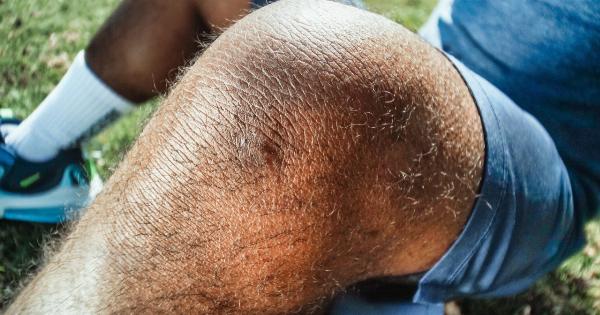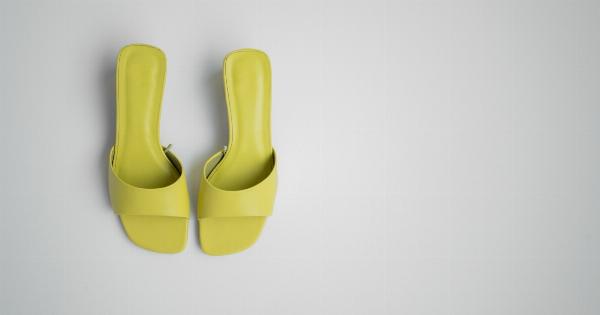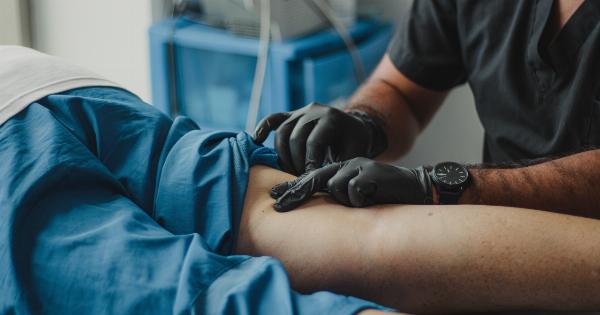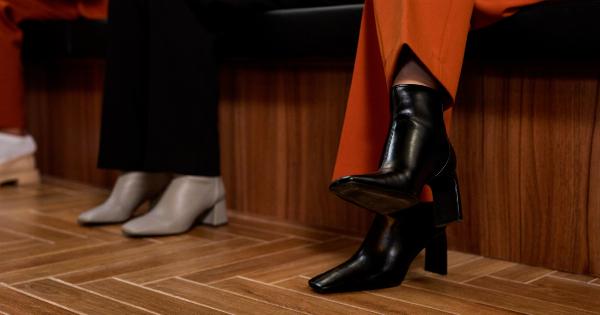High heels have become a fashion symbol for women around the world. They come in various styles, heights, and colors, and women wear them for various reasons, such as to look taller, to feel more confident, or to match an outfit.
However, wearing high heels can have negative effects on the body, one of which is an increased risk of knee arthritis.
What is Knee Arthritis?
Knee arthritis, also known as osteoarthritis of the knee, is a condition in which the cartilage that protects the ends of the bones in the knee joint slowly wears away over time.
This causes the bones to rub against each other, resulting in pain, stiffness, and swelling in the knee joint.
The condition is most common in people over the age of 50, but it can affect people of all ages, including young adults.
How High Heels Affect Knee Arthritis
The knee joint is one of the most important joints in the body, as it helps to support the weight of the entire body.
When you wear high heels, you are placing a lot of pressure on the knee joint, which can lead to a variety of problems, including knee arthritis.
Wearing high heels causes the body’s weight to be shifted onto the balls of the feet, which can cause the knees to bend forward and the pelvis to tilt forward. This puts additional stress on the knee joint, increasing the risk of knee arthritis.
In addition, wearing high heels can cause the muscles in the legs to become weak and imbalanced, which can also cause knee arthritis.
When the muscles in the legs are weak and imbalanced, they cannot support the knee joint properly, which can lead to excessive wear and tear of the cartilage in the knee joint.
Other Negative Effects of High Heels on the Body
Aside from an increased risk of knee arthritis, wearing high heels can have other negative effects on the body, including:.
- Low back pain: Wearing high heels can cause the pelvis to tilt forward, which can lead to low back pain.
- Foot pain: High heels can cause pressure and pain on the balls of the feet, as well as the toes.
- Strains and sprains: Wearing high heels can cause strains and sprains in the ankles, as well as the feet and legs.
- Reduced balance: High heels can make it harder to maintain balance, which can increase the risk of falls and injuries.
Alternative Footwear Options
If you are someone who loves to wear heels but wants to reduce your risk of knee arthritis and other negative effects, there are some alternative footwear options you can try, including:.
- Low-heeled shoes: Choose shoes that have a low or moderate heel height, such as less than 2 inches.
- Wedges: Wedges can provide better support and balance than traditional high heels.
- Flats: Flat shoes are a great alternative to high heels, as they provide a more even distribution of weight across the foot.
- Sneakers: Athletic shoes can provide cushioning and support for the feet, reducing the risk of injury.
Conclusion
Wearing high heels can be fashionable and make you feel confident, but it can also increase your risk of knee arthritis and other negative effects on the body.
If you want to wear heels, consider choosing low or moderate-heeled shoes, wedges, flats, or sneakers. By choosing the right footwear, you can reduce your risk of knee arthritis and other related health problems.
























